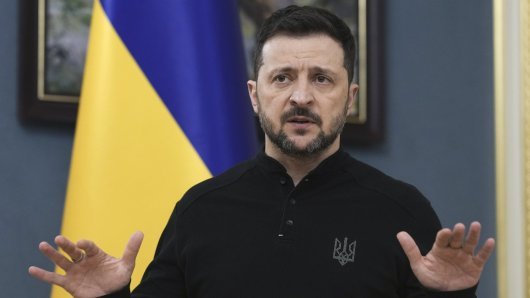The European Commission would not comment on statements by German parliamentarian Gunther Krichbaum who has said Germany plans to seek the imposition of a sort of post-accession monitoring as a condition to ratify Croatia's European Union accession treaty, and Brussels underlines that accession negotiations and pre-accession monitoring are designed to ensure that an EU aspirant is prepared for membership.
The European Commission does not see any reason why it should comment on statements made by individuals and it believes that one should wait for the monitoring report. European Enlargement Commissioner Stefan Fuele has stated several times that there will be no need for the post-accession monitoring of Croatia as the accession process and the pre-accession monitoring were designed as a tool to ensure Croatia is fully prepared for EU membership, Fuele's spokesman Peter Stano said in Brussels on Friday.
The chair of the German parliament's European Affairs Committee, Gunther Krichbaum of the Christian Democratic Union, told Friday's issue of Neue Presse daily that Germany was planning to request the imposition of additional clauses as a condition to ratify the Croatia-EU treaty which would envisage half-year reports on the situation in the judiciary and the fight against corruption.
German MEP Doris Pack, also of the CDU, said there was no way Croatia would be placed under post-accession monitoring.
It may be his idea, his private opinion, Pack said in response to Krichbaum's statement.
Inside the 27-strong block there are concerns about the current state of affairs when in comes to the rule of law and respect for fundamental rights in EU member states.
In early March, following an initiative from the Netherlands, the foreign ministers of Germany, Finland and Denmark sent a letter to the European Commission President Jose Manuel Barroso highlighting the need to ensure respect for fundamental rights in member states.
"We … believe that a new and more effective mechanism to safeguard fundamental values in Member States is needed," they wrote.
They want the EU to be able to react swiftly and effectively to ensure compliance with the bloc's basic principles if a member country is seen as backsliding, including a last-resort option to cut EU funding to offenders.
The mechanism should allow the European Commission to intervene in an early stage and require the country to remedy the relevant law or situation, provided the step is also backed by a majority of EU states, the ministers said.
According to diplomatic sources, EU newcomers are not inclined to such an initiative as they fear that such a mechanism could turn against them.


































